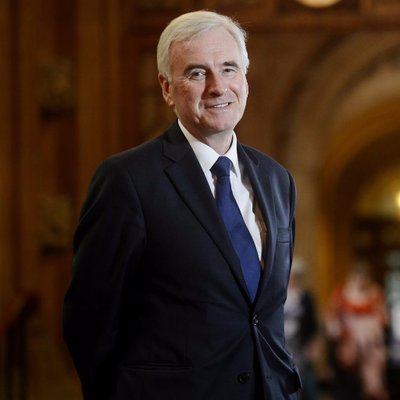Shadow Chancellor, Labour's John McDonnell, has been researching a possible election manifesto pledge to decrease working hours for some time. In this week's Labour Party conference he revealed his finalised pledge.
The working week under a Labour Government would be gradually reduced, over a decade, to average 32 hours whilst maintaining pay levels.
By leveraging the power of trade unions and increasing the minimum wage as well as a new working time commission, employers would have to investigate the best way to reduce working hours to suit their employees', business and productivity needs.
The current EU working time commission limits the number of hours an employee can be required to work to 48 hours per week but this can be opted-out by the employee.
Full time employment contracts are three quarters of the UK workforce, with the average number of hours worked per week around 42. Those working for themselves can end up working far more hours.
A four day working week could become a reality under Labour's proposals if employers can shape the reduced working hours to fit. This is a possibility without any strict working hour limits being imposed such as those used France.
A vote by Good Morning Britain on whether a four day working week should be implemented currently stands undecided with nearly 50 percent agreeing or disagreeing. Tweets show many people see the 32 hour, or 4 day pledge a blanket cap, which the pledge is not. People are voicing concerns about not being able to afford to live if hours are limited. Others see employers struggling to pay wages due to people making up the reduced hours in expensive overtime.
The Labour Party conference finishes tomorrow.


